Blog Posts Tagged Technical Content
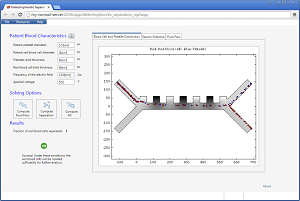
Dielectrophoretic Separation
Dielectrophoresis is a phenomenon in which an electric field is used to control the movement of electrically neutral particles. Learn about how to model this effect in both DC and AC fields.
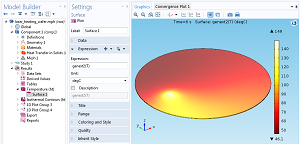
Using General Extrusion Operators to Model Rotation
You can use the General Extrusion operators in COMSOL Multiphysics® to simulate rotating objects exposed to loads. A common real-world example of this is rotisserie-style foods.
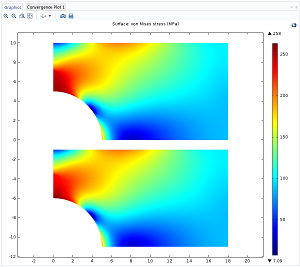
Introducing Nonlinear Elastic Materials
Examples of nonlinear elastic material models: Ramberg-Osgood, Duncan-Chang, Hardin-Drnevich, Power law, and more. We discuss how to apply nonlinear elastic materials in your analyses.
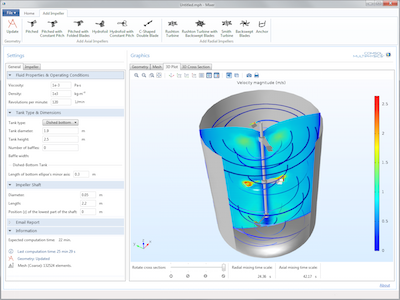
Geometry Modeling in Simulation Apps
See how to use cumulative selections and geometry parts when creating simulation apps that can be used to model geometries based on parameterized CAD models.
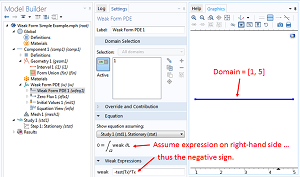
Implementing the Weak Form in COMSOL Multiphysics
In Part 2 of our series on the weak form equations, we demonstrate how to implement and solve these equations numerically using COMSOL Multiphysics®.
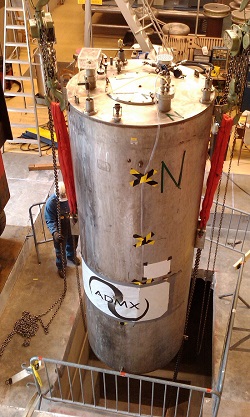
Detecting Dark Matter Axions with a Microwave Cavity
The Axion Dark Matter eXperiment (ADMX) uses a microwave cavity in an attempt to detect dark matter axions. Learn more about this project and how simulation can be applied to it.
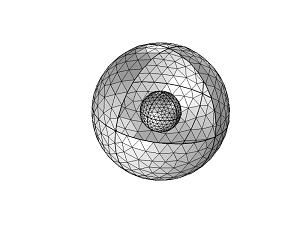
Computing View Factors with the Heat Transfer Module
Interested in computing geometrical view factors in COMSOL®? There are operators for postprocessing that correspond to the operators used to generate surface-to-surface equations. Learn more.

Analyzing Capacitive Touchscreens in Consumer Electronics
Most of us use multiple touchscreen devices throughout the day, from our smartphones to the ATM. Learn how to use electromagnetics modeling to study capacitive effects in these devices.
